

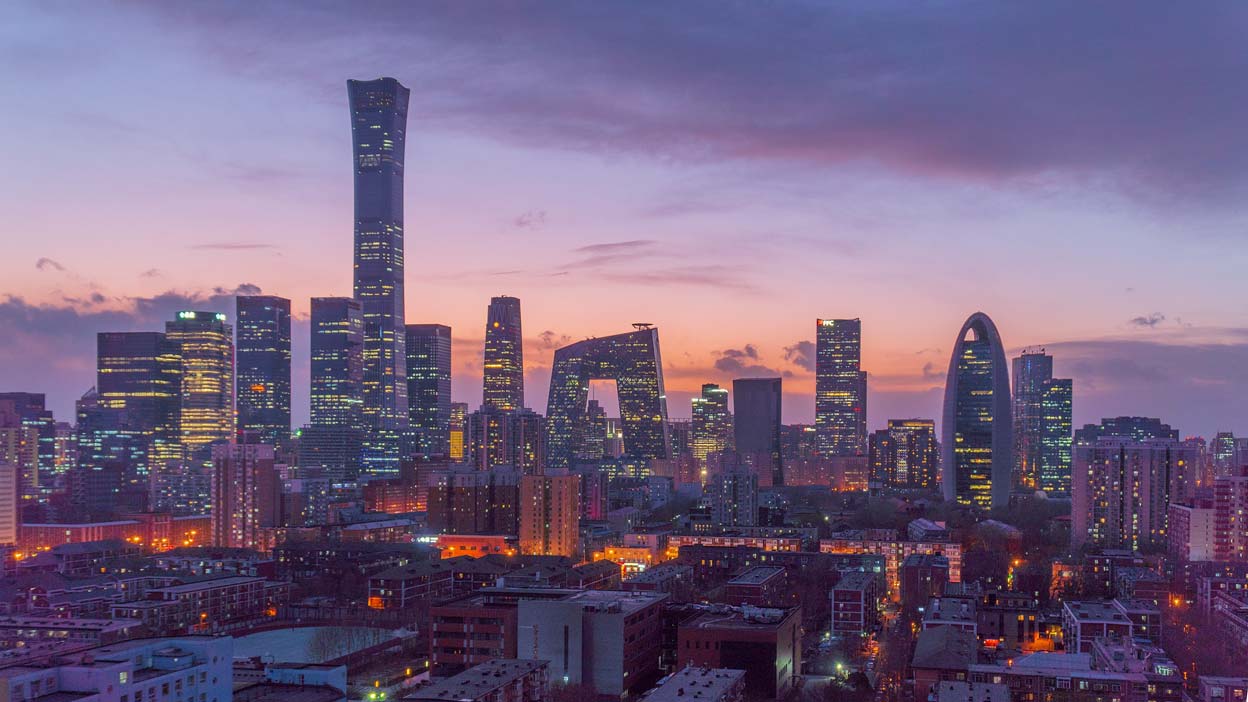
Planning a trip to Beijing? Get ready to explore a city that seamlessly blends its rich cultural heritage with its incredible modern developments. As the capital of China, Beijing is renowned for its iconic landmarks, delicious cuisine, and fascinating history. From the magnificent Forbidden City to the awe-inspiring Great Wall of China, Beijing offers a captivating experience for every traveller!
In this Beijing FAQ, we will answer the common questions about the city, including its location, population, climate, language, famous attractions, and mouthwatering cuisine. Let’s delve into the details and prepare for an unforgettable journey through this vibrant city.
Beijing is located in northern China, around 120 km (74 miles) southwest of Tianjin and roughly 500km (310 miles) east of the Inner Mongolian border. It is situated in the northeastern region of the North China Plain.
Beijing, the vibrant capital city of China, holds a prominent position in the country’s geography. Nestled in the northern region of China, it is strategically positioned, making it easily accessible from various parts of the country. Situated to the northwest of Tianjin and east of the Mongolian border, Beijing’s location adds to its significance as a major cultural, political, and economic hub.
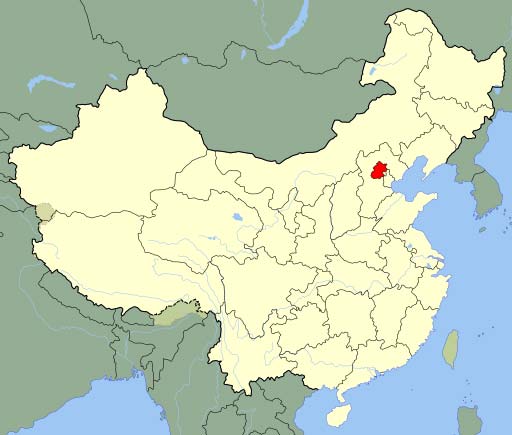
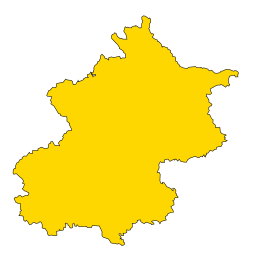
Yes! Beijing is in fact the capital of the People’s Republic of China. It has been the political, cultural, and economic center of China for centuries.
As the capital city, Beijing is the seat of government, hosting key national institutions and serving as the center of political decision-making in the country. It is where the National People’s Congress, China’s top legislative body, asembles.
Beijing’s role as the capital is deeply ingrained in its history and traditions, and it continues to shape the city’s identity and development. From ancient imperial palaces to modern government buildings, Beijing showcases the power and heritage of China both historically and in modern times.
Beijing is not in any province. It is its own municipality directly under the central government.
Unlike most cities in China, which are part of provinces, Beijing is unique in that it is designated as a separate municipality under the direct control of the central government. This administrative arrangement grants Beijing a distinct status and greater autonomy in decision-making and policy implementation.
The direct supervision by the central government ensures efficient governance and enables Beijing to pursue its own economic and social development plans. As an independent entity, Beijing plays a crucial role in driving China’s growing economy and its global engagement.
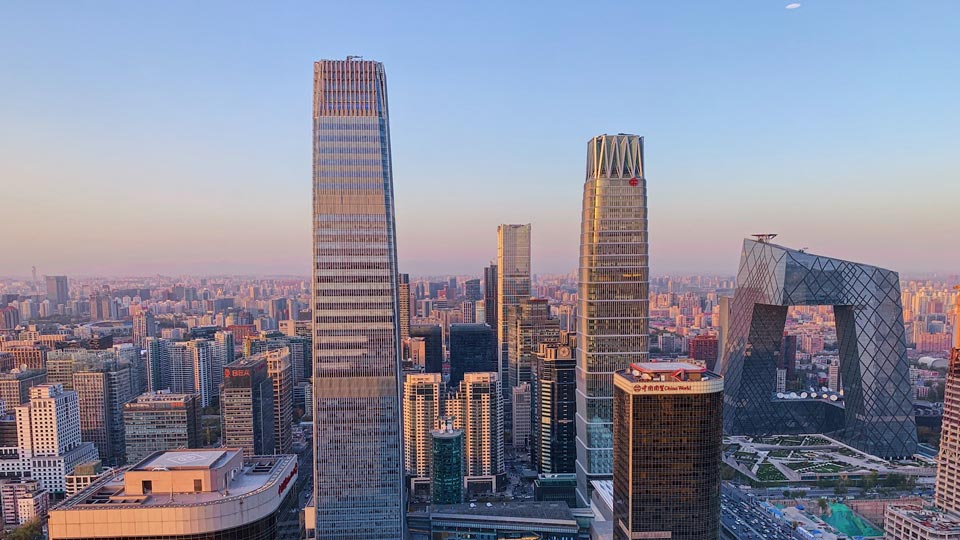
Beijing covers an area of approximately 16,800 square kilometers (6,500 square miles).
Spanning a vast area, Beijing is one of the largest cities in China. With its extensive territory, the city accommodates a wide range of urban, suburban, and rural landscapes. From the bustling city center with its towering skyscrapers and bustling markets to the serene suburbs dotted with ancient temples and scenic parks, Beijing offers a diverse range of experiences.
The city’s expansive size ensures that visitors can explore its many attractions and delve into its rich cultural heritage!
As of 2023, the population of Beijing was estimated to be over 21 million people.
With its status as the capital city and a global metropolis, Beijing is home to a significant population. Millions of residents from diverse backgrounds call Beijing their home, contributing to the city’s vibrant multicultural atmosphere.
The population density is relatively high, reflecting the city’s popularity as a hub for opportunities in education, employment, and cultural experiences. Beijing’s population continues to grow as people are drawn to its dynamism and the wealth of opportunities that the city offers.
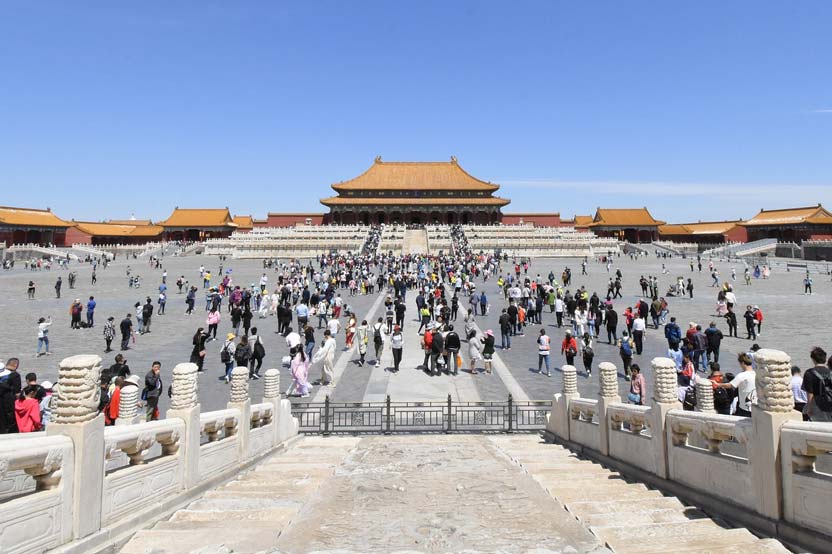
Beijing has a continental climate with four uniquely distinct seasons. Summers are hot and humid, and winters are cold and dry, with occasional snowfall.
Beijing experiences a continental climate, characterized by noticeable variations in temperature throughout the year. The city has four distinct seasons, each with its own unique charm. Summers in Beijing can be hot and humid, with temperatures often exceeding 30 degrees Celsius (86 degrees Fahrenheit).
Spring and autumn offer milder temperatures, making them ideal seasons to explore the city’s outdoor attractions.
Winters in Beijing are cold, with temperatures dropping below freezing point. The city occasionally experiences snowfall, creating a picturesque winter landscape. It’s important to consider the weather conditions when planning your visit to Beijing and pack accordingly!
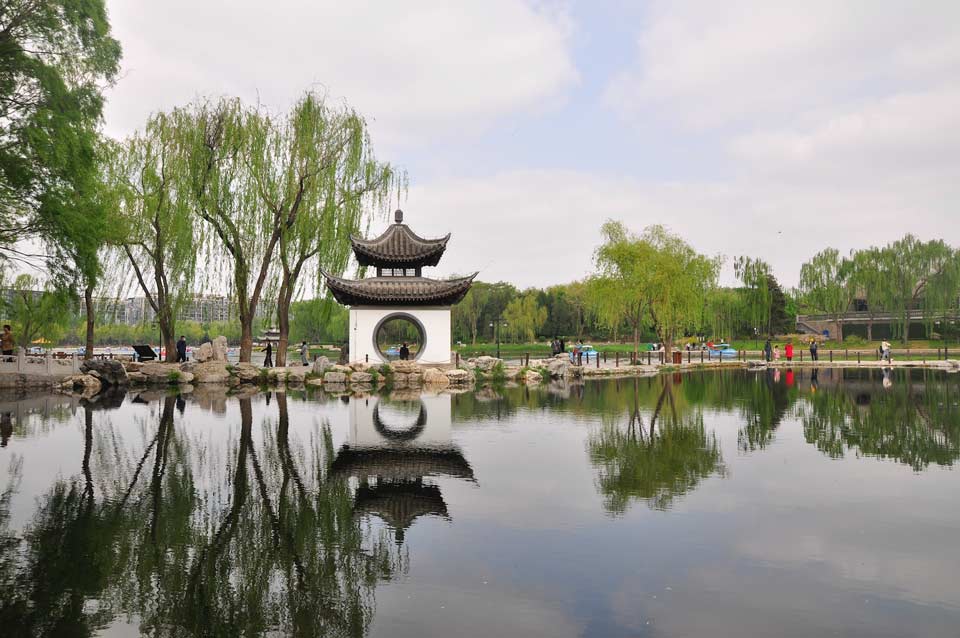
The correct pronunciation of Beijing is “bay-jing” with an emphasis on the first syllable.
The pronunciation of Beijing may seem unfamiliar to those who are not familiar with Mandarin Chinese. However, it is quite simple once you know the correct pronunciation. The city’s name is pronounced as “bay-jing,” with the first syllable pronounced as in the word “bay” and the second syllable similar to the English word “jing.”
The official language in Beijing is Mandarin Chinese.
As the capital city of China, Mandarin Chinese is the official language spoken in Beijing. Mandarin is the most widely spoken language in China and serves as a lingua franca among people from different regions. (For those of you who might not know what “lingua franca” means here’s a quick definition for you “a language that is adopted as a common language between speakers whose native languages are different.”)
While Mandarin is the dominant language, you may also encounter other dialects and languages spoken by various ethnic groups and immigrant communities. English is also spoken, to some extent, in areas frequented by tourists and in establishments catering to international visitors. Learning a few basic phrases in Mandarin can greatly enhance your experience in Beijing and help you interact with the locals of Beijing.
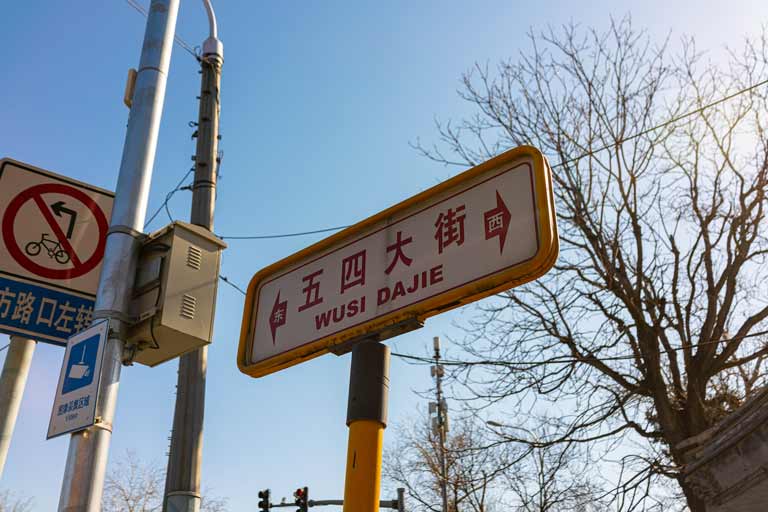
The name Beijing means “Northern Capital” in English.
The name “Beijing” carries a meaningful translation in English. “Bei” means “north,” and “jing” means “capital.” The name Beijing reflects the city’s historical significance as the capital of northern China, serving as a political and cultural center throughout many centuries.
Beijing is famous for its rich cultural heritage, iconic landmarks, and vibrant lifestyle. It is home to world-famous attractions that draw millions of visitors each year. Some of the must-visit landmarks in Beijing include:
It is one of the most iconic structures in the world, the Great Wall stretches across the mountains of northern China. Sections near Beijing, such as Mutianyu and Badaling, are popular among tourists for their accessibility and stunning views.
Located at the heart of Beijing, the Forbidden City is an imperial palace complex that served as the residence of Chinese emperors for nearly 500 years. Its grand architecture, intricate detailing, and historical significance make it a UNESCO World Heritage site and a must-visit destination.
As one of the largest public squares in the world, Tiananmen Square holds immense historical and political significance. It has witnessed major events in Chinese history and serves as a gathering place for both locals and tourists.
This ancient temple complex is a masterpiece of Chinese architecture and a symbol of the harmonious relationship between heaven and earth. Its beautiful temples, gardens, and religious rituals make it a popular attraction for visitors seeking cultural immersion.
A magnificent royal retreat, the Summer Palace features stunning gardens, pavilions, and a serene lake. It is a UNESCO World Heritage site and offers a tranquil escape from the bustling city.
Apart from these landmarks, Beijing is known for its traditional hutongs (narrow alleys) that offer a glimpse into the city’s old-world charm. The city’s vibrant food scene is also famous, with a wide variety of delicious dishes, including Peking duck, jianbing (Chinese crepes), and Beijing-style hot pot with food fresh in our minds we now move onto our next topic!
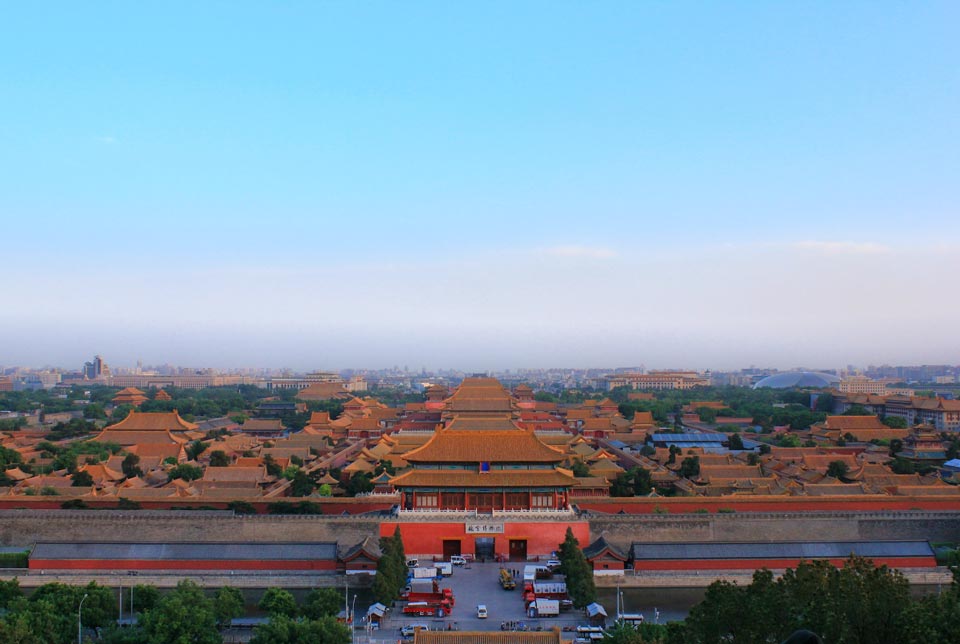
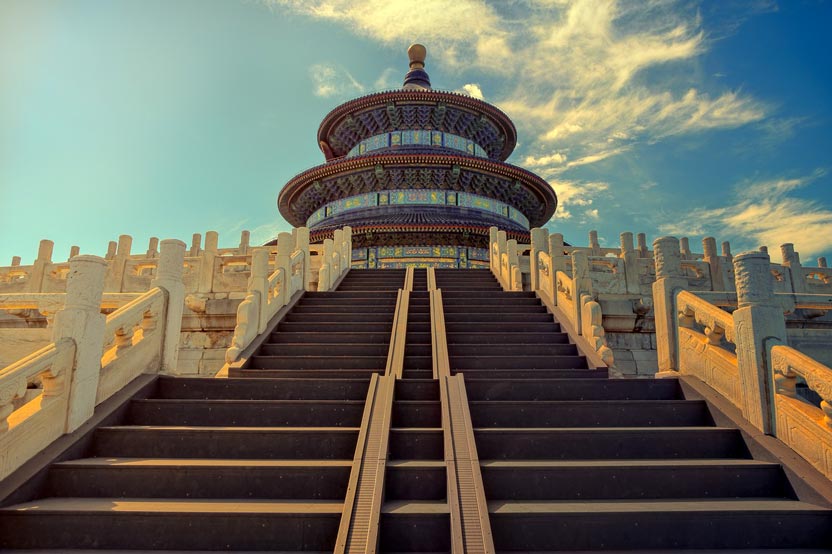
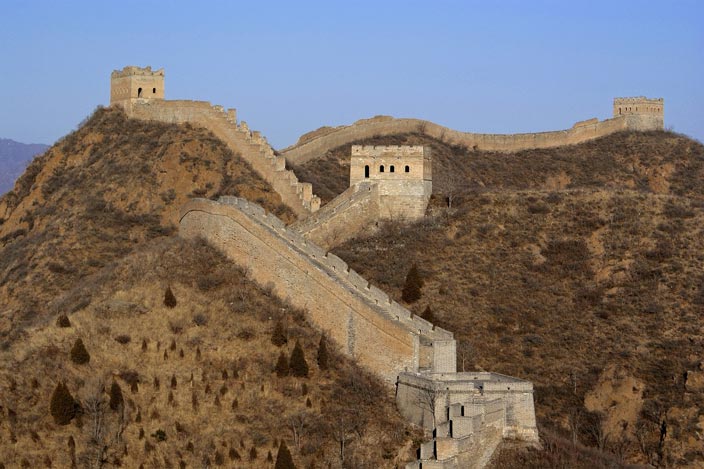
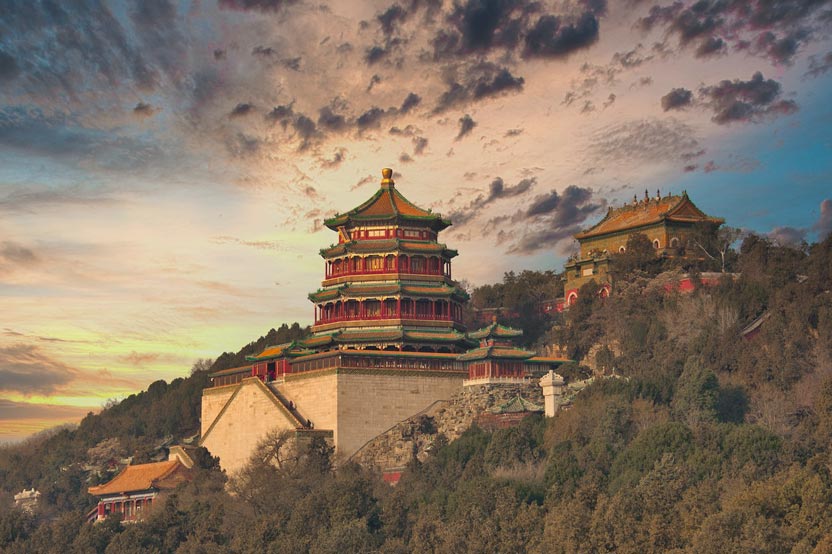
Peking duck is the most famous dish in Beijing. Other popular foods include jiaozi (dumplings), zhajiangmian (noodles with soybean paste sauce), and hot pot.
Beijing’s culinary scene is a feast for food enthusiasts with many incredible delicacy’s including:
Peking duck is a roasted duck dish known for its crispy skin and succulent meat, is a quintessential Beijing delicacy. It represents the city’s rich gastronomic heritage and is a must-try for visitors.
Jiaozi or as its known in the west, Chinese dumplings, comes in various flavors and are often enjoyed during traditional Chinese festivals.
Zhajiangmian is a popular noodle dish tossed in a savory soybean paste sauce, is also a local favourite.
Hot pot is a communal dining experience where diners cook a variety of ingredients in a simmering pot of flavoured broth, is also widely enjoyed in Beijing and throughout China.
These are just a few of the amazing dishes you can find and further exploring the diverse culinary offerings of Beijing is an adventure in itself and a delightful way to immerse yourself in the local Beijing culture!
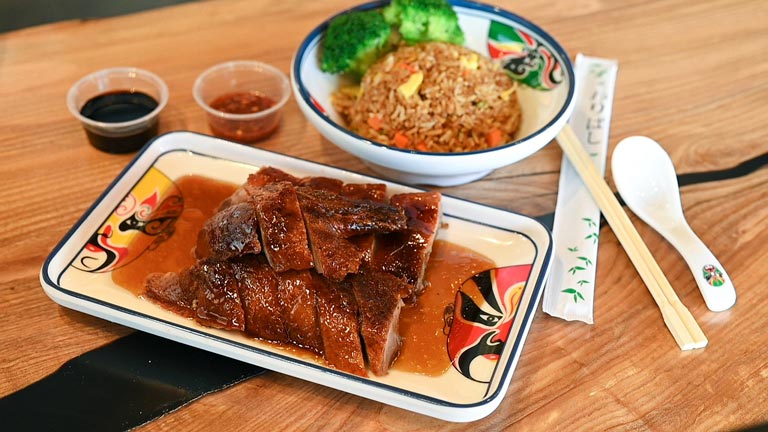

China did not exactly rename Peking to Beijing. Peking is the old spelling of the name in English, and Beijing is the current spelling. It’s simply a matter of transliteration and modernizing the name.
The name “Peking” was the commonly used spelling in English for Beijing in the past. However, as part of efforts to standardize the romanization of Chinese characters, the spelling was updated to “Beijing” to reflect the pronunciation more accurately.
The change in spelling is not a renaming but rather a transition to a more linguistically faithful representation of the city’s name. The shift from “Peking” to “Beijing” highlights the evolving nature of language and the recognition of proper pronunciations.
Yes, the Great Wall of China runs through northern China, including Beijing. Some of the best-preserved sections of the wall are located on the outskirts of Beijing, such as Mutianyu and Badaling.
The Great Wall of China, one of the world’s most iconic structures, traverses across northern China, stretching over thousands of kilometers. Beijing is fortunate to have sections of the Great Wall within its proximity. These sections, including Mutianyu and Badaling, are among the best-preserved and most accessible parts of the wall, offering visitors the opportunity to witness this extraordinary feat of human engineering. Exploring the Great Wall of China from Beijing allows you to experience its grandeur and marvel at the breathtaking views of the surrounding landscapes.
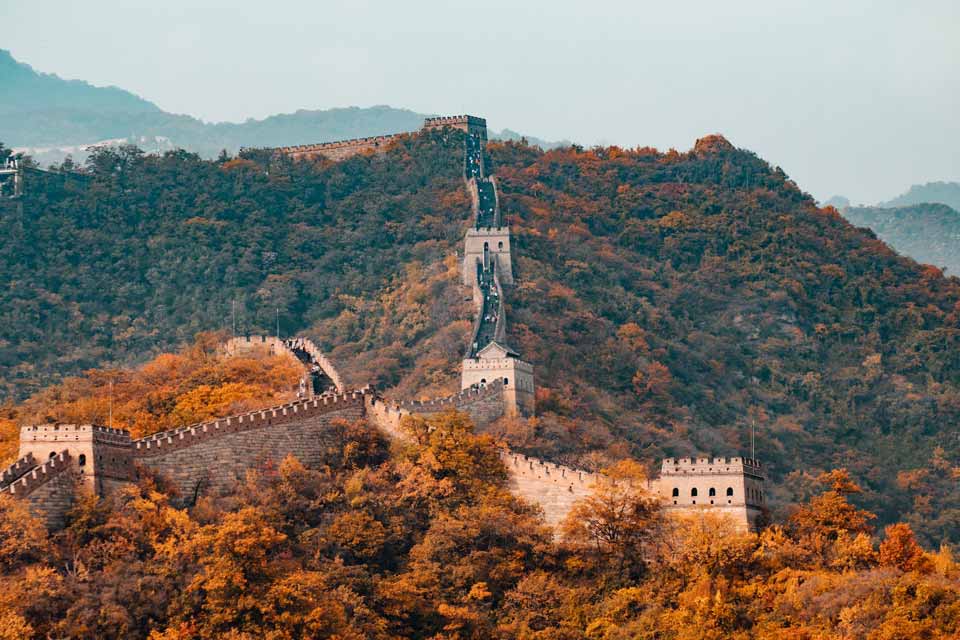
In conclusion, Beijing is a city with a rich and diverse cultural heritage that attracts visitors from all over the world. With its iconic landmarks, fascinating history, delicious cuisine, and friendly people, it’s no wonder that Beijing is a popular destination!
We hope that our Beijing FAQs section has answered some of your questions and helps you plan your trip to this incredible city. From exploring the historical wonders to indulging in culinary delights, Beijing offers a captivating experience that will leave you with many long lasting memories.
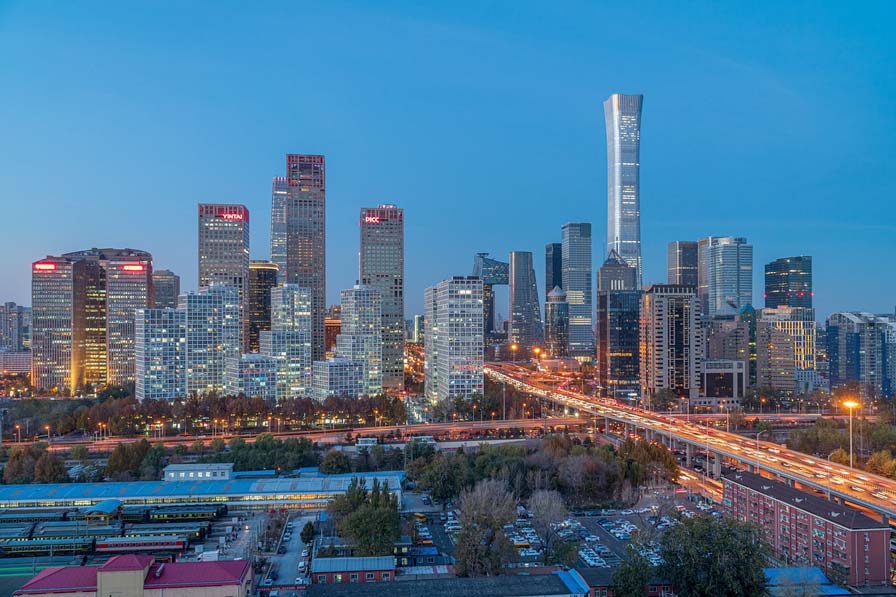
If you enjoyed this article and would like to see a similar one please click here to see our article on Chengdu FAQs: Exploring Sichuan’s Capital City!
And lastly, if you would like to read our article where we compile the largest cities in China please click here to see The 15 largest cities in China!